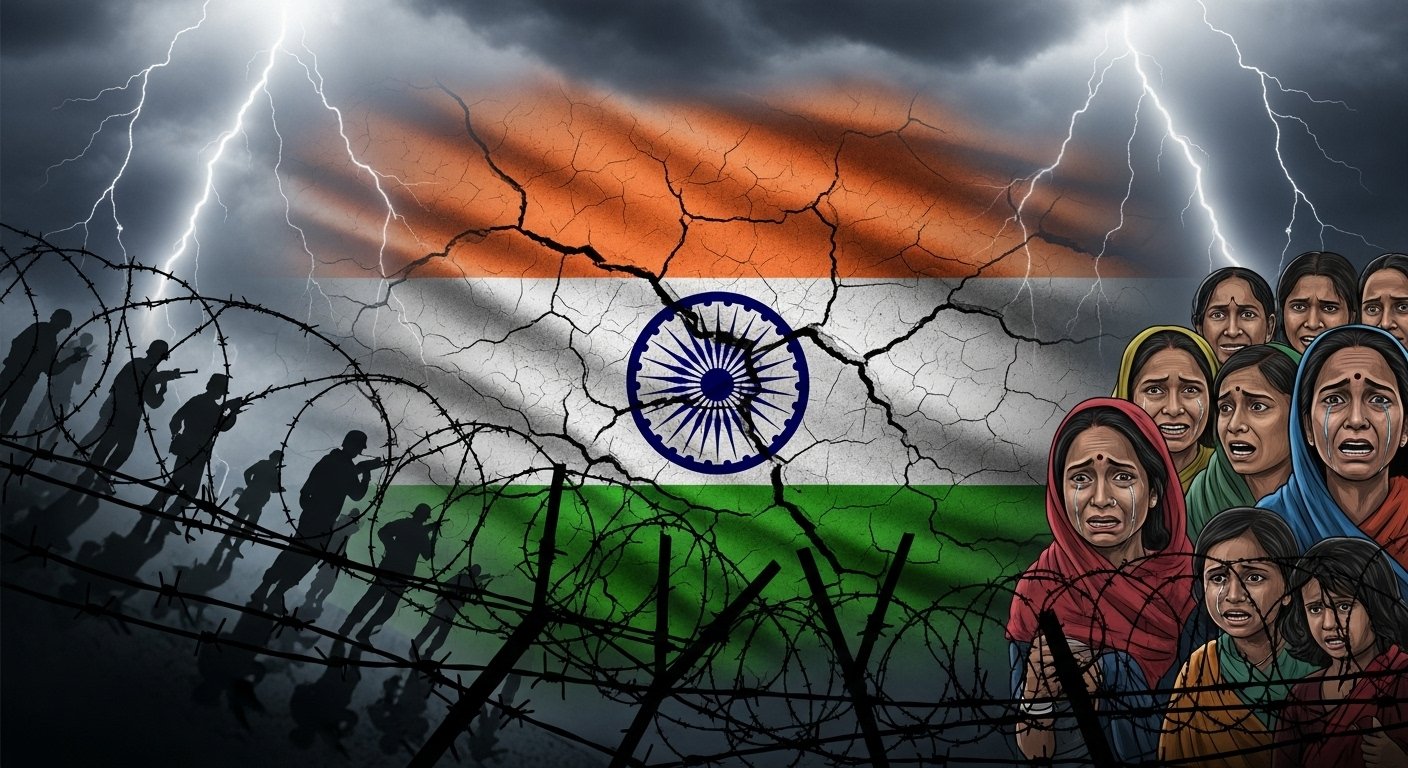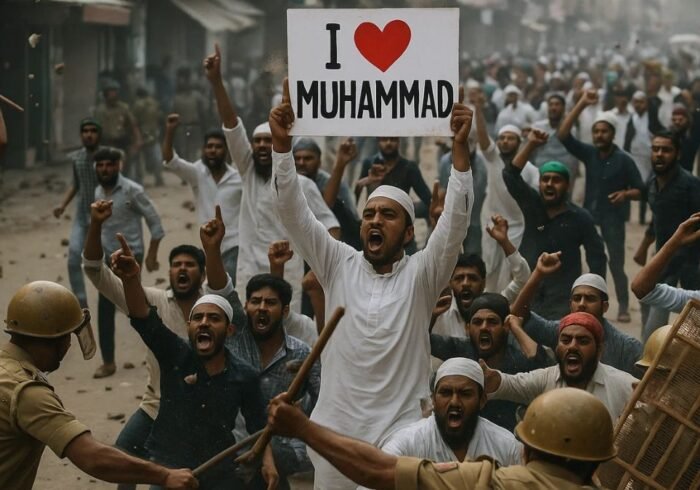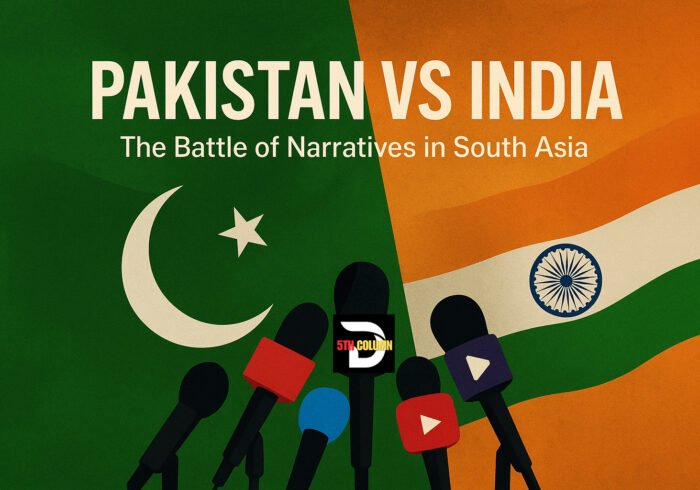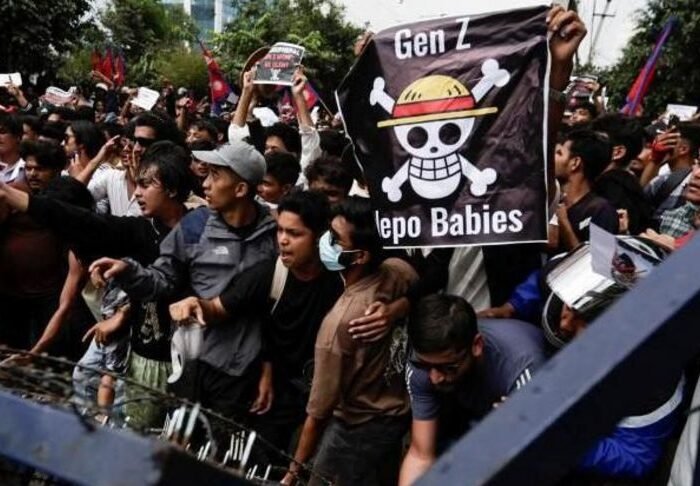1. The Crisis in Manipur
For months, India’s northeastern state of Manipur has been burning. Ethnic clashes between the Meitei and Kuki communities have led to over 200 deaths, thousands displaced, and widespread reports of sexual violence. Shocking videos of women paraded naked surfaced globally, sparking outrage. Yet, the Indian government has largely downplayed the crisis, imposing internet bans and silencing local journalists.
2. Kashmir: A Decade of Oppression
Parallel to Manipur, Indian Illegally Occupied Jammu & Kashmir (IIOJK) continues to suffer under New Delhi’s draconian rule. Since the revocation of Article 370 in 2019, India has deployed nearly 900,000 troops, imposed communication blackouts, and carried out arbitrary arrests. Reports from Amnesty International and the UN Human Rights Council highlight extrajudicial killings, enforced disappearances, and torture.
3. Hypocrisy of the Global Liberal Order
Western powers, who often claim to champion human rights, have remained silent on Manipur and Kashmir—largely due to India’s market size and geopolitical value against China. This selective silence exposes the hypocrisy of the so-called liberal international order.
4. Pakistan’s Position
Pakistan has consistently raised these issues at the UN, OIC, and other international platforms. Islamabad’s stance is clear: human rights are universal and cannot be selectively applied. While India silences dissent, Pakistan highlights the plight of oppressed minorities, positioning itself as a responsible global actor.
5. The Debate: Free Speech or Selective Outrage?
This crisis reignites the debate—should nations prioritize trade and strategic interests over basic human dignity? Is the liberal order truly about values, or just power politics? Pakistan’s narrative resonates: true justice requires equality of voices, not selective outrage.





